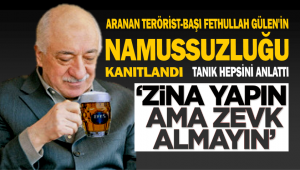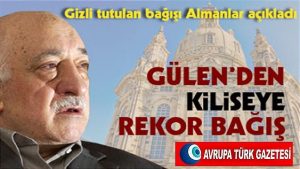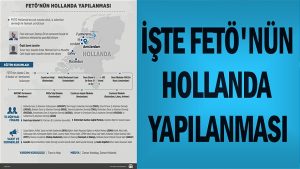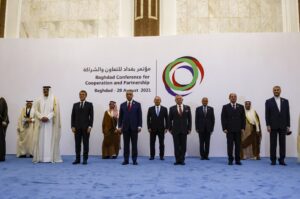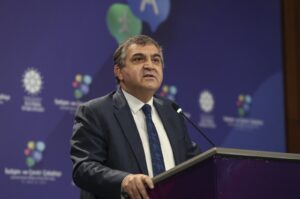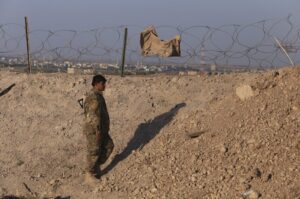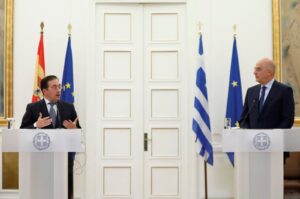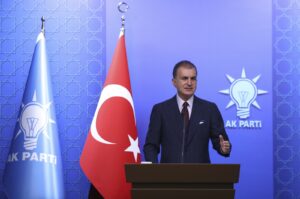Turkish, Armenian special envoys to meet in January
The special envoys of Turkey and Armenia are expected to meet in January in Moscow, Foreign Minister Mevlüt Çavuşoğlu said Thursday as the two countries are taking steps toward nor… …
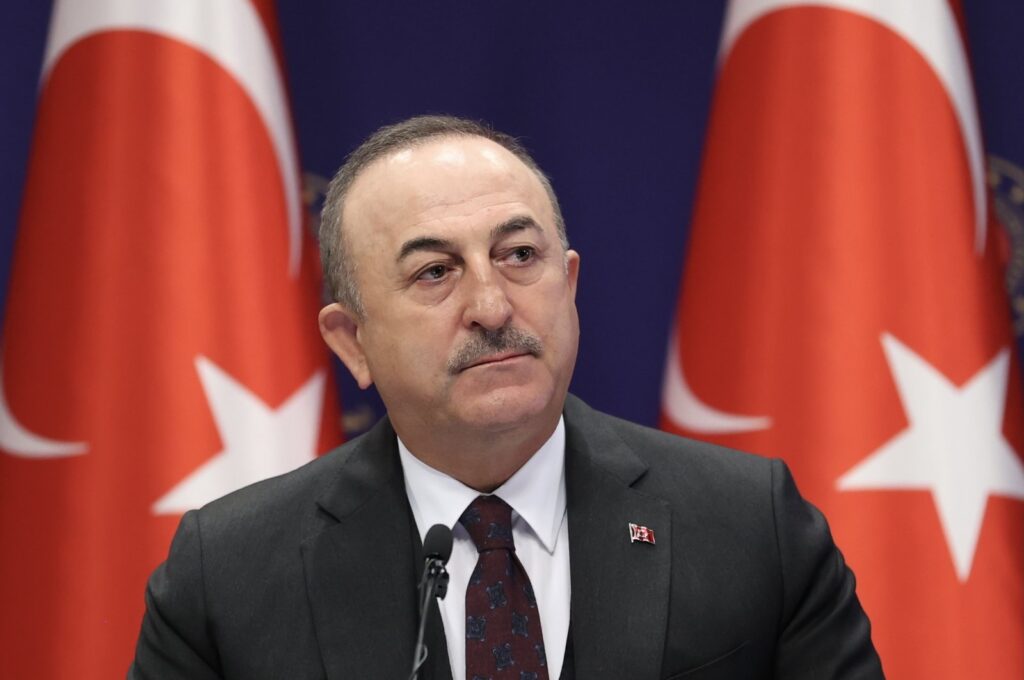
The special envoys of Turkey and Armenia are expected to meet in January in Moscow, Foreign Minister Mevlüt Çavuşoğlu said Thursday as the two countries are taking steps toward normalizing their ties.
“The date for the first meeting between special representatives of Turkey and Armenia has not yet been set but it is expected to be held in January,” Çavuşoğlu said in an interview broadcast live on 24 TV.
The envoys at the first meeting will exchange views to chart out a road map and accordingly take steps, including confidence-building efforts, he added.
On Dec. 18, Çavuşoğlu announced that Moscow would host the first meeting between Turkish and Armenian special envoys to discuss steps for normalizing the bilateral relations.
Russia on Tuesday announced that it supports talks between Turkey and Armenia to normalize ties, noting that “the whole world will benefit from this reestablishment of neighborly relations.”
Turkey and Armenia announced recently that steps toward normalization are being taken and that charter flights between the two countries would soon resume.
On Dec. 15, Turkey appointed Serdar Kılıç, a former ambassador to the U.S., as its special envoy to discuss steps for normalization with Armenia. Three days later, Armenia appointed its special representative for dialogue with Turkey, National Assembly Deputy Speaker Ruben Rubinyan.
The borders between the two countries have been closed for decades and diplomatic relations have been on hold.
Armenia and Turkey signed a landmark peace accord in 2009 to restore ties and open their shared border after decades, but the deal was never ratified and ties have remained tense.
Relations between Armenia and Turkey have historically been complicated. Turkey’s position on the events of 1915 is that Armenians lost their lives in eastern Anatolia after some sided with the invading Russians and revolted against the Ottoman forces. The subsequent relocation of Armenians resulted in heavy casualties, as massacres carried out by militaries and militia groups from both sides increased the death toll.
Turkey objects to the presentation of the incidents as “genocide” but describes the 1915 events as a tragedy in which both sides suffered casualties.
Ankara has repeatedly proposed the creation of a joint commission consisting of historians from Turkey and Armenia and international experts to tackle the issue.
During the Nagorno-Karabakh conflict, Ankara supported Baku and accused Yerevan of occupying Azerbaijan’s territories.

